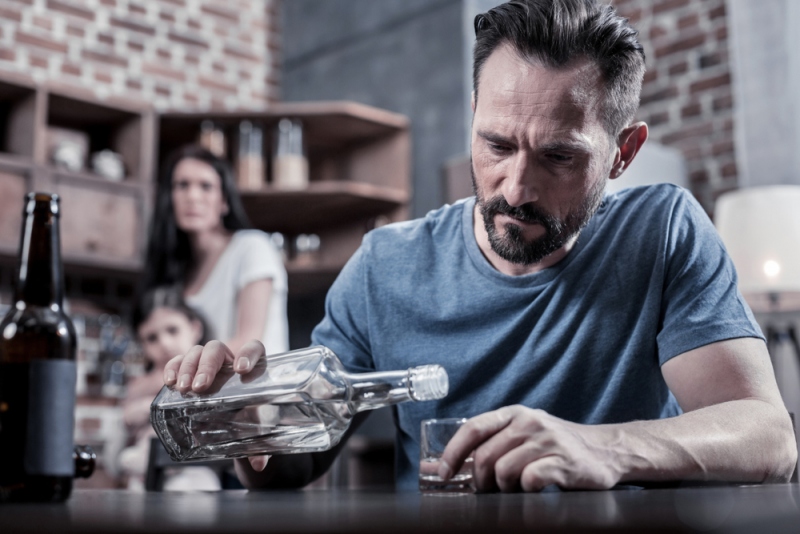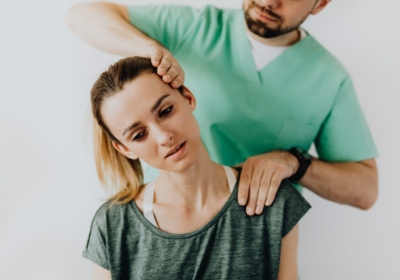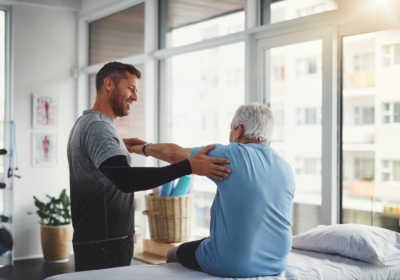What is an addiction? According to the World Health Organization (WHO), we understand addiction to a physical and psycho-emotional illness where dependence develops on a substance, activity or relationship caused by the satisfaction that its use generates in the person. Alcohol, food, drugs, theft, gambling, sex, technology, relationships, everything can become an addiction when its absence generates anxiety, anguish and even depression.
How can we overcome an addiction? Fortunately, yes, although the ease or difficulty of recovery will depend on the degree of addiction and the addiction treatment process. It is not the same to depend on a couple as to abuse alcohol, for example. In any case, here are the five basic tips to overcome an addiction in which most psychology professionals agree:
- Admit the problem and decide to make a change. The first and undoubted step before any addiction – or any pathology – is to accept reality and be aware that the addiction you have is not healthy and harms health.
- Become aware. You already know you have a problem, an addiction. Now, are you willing to make the change? Analyze how willing you are to overcome addiction. To achieve recovery you must want to improve.
- Do not think you’re crazy. Eliminate your prejudices and have an open mind. Mental pathologies do not mean being crazy and anyone can fall into an addiction, an innate response to cover problems or deeper anguish. There is the real personal work – analyze what has motivated the pathology – but for this, first, the symptoms of the addiction must be treated and eradicated.
- Start a Psychological Treatment! A therapist can guide you properly in the steps of your recovery. You can express yourself openly and find the answers to your own questions inside. The psychologist is the guide that opens the door to your personal tools to empower them.
- Sign up for a Support Group. Although it looks like a movie, it is reality. An addiction carries the feeling of loneliness and incomprehension but, as they say, “you are not alone”. There are a lot of people who are going through or have experienced this same situation, so why not support each other? The therapeutic support groups are essential in addiction pathologies since they allow sharing the experience, being protected and listening to the strategies of those who are in a better state. They are intimate spaces where there are no prejudices or shames: everyone is at the same level.
- Follow the prescribed instructions. Although some may sound illogical, all therapeutic recommendations have their reason in the treatment. Think that if the addiction is rooted, your unconscious will look for any possibility to unleash the symptom – whatever the reason for addiction is. So, even if it costs, stick to all the guidelines. If you are imposed, it is for a reason.






Recent Comments